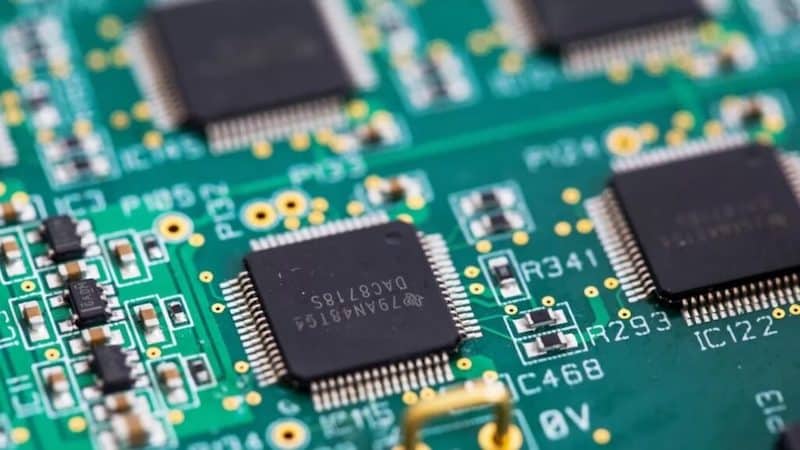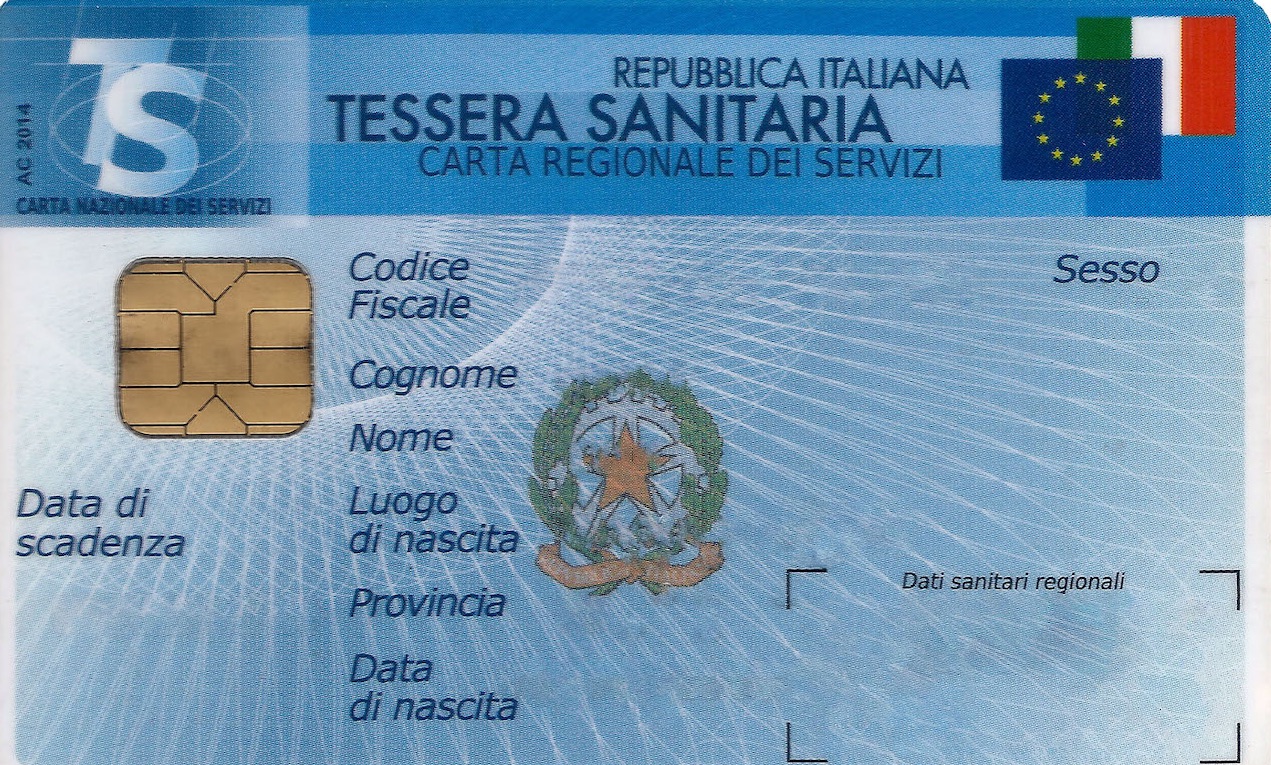The global shortage of semiconductors is making an illustrious victim, namely the national services charter.
Indeed no, we ran into the error. The victims will be the next health cards. Which will not have the chip and therefore, in fact, will no longer be able to act as a national service card.
As we will see, all the other methods of accessing digital services of the public administration will still remain valid. And there will also be a way to extend the use of the old ones. Old because they were first issued, but technologically more advanced, because they are equipped with that microchip that the next-issued health cards will no longer have.
Let’s take stock of the situation, and discover the practical implications of future chip-free health cards.
The health card and the chip crisis
As anticipated by the Messenger, the global semiconductor crisis has induced the Ministry of Economy and Finance to produce the next health cards without the microchip.
Therefore, the possibility of using the card to access the digital services of the PA will no longer be possible.

The decree of 9 June
In reality, already a decree published in the Official Gazette on June 9 last indicated the possibility that, starting from June, the health cards would be put on the market without a chip.
The press release of the Ministry relating to the decree states that “the novelty is due to the shortage of semiconductor materials for the production of microchips, generated by the serious international crisis.”
In the press release it is also noted that the procedures for issuing the document will not change. In fact, we read: “The Health Card, as usual, will continue to be issued free of charge to all clients of the National Health Service (SSN) by the Ministry of Economy and Finance in accordance with the Ministry of Health, with automatic sending, 2 months approximately before the deadline, at the address of the tax domicile of the assisted person present in the Tax Register, which usually coincides with the residence and is updated by the Municipality of residence of the assisted person through the National Resident Population Registry (ANPR). “
How to access the digital services of public administrations
For access to digital services of public administrations, once the health card will no longer be valid as a national service card, the other two modalities currently in force will remain valid. That is, the use through Cie (electronic identity card) or through Spid (public digital identity system).
The extension of the old health card
Furthermore, in anticipation of the release of the new health cards without a chip, the validity of the old card with a chip can be extended until 31 December 2023“Even if it shows on the front a validity date that has already expired”, as the Ministry note specifies.
How to do? The procedure requires the possession of a Windows work environment and a smart card reader. You will have to download a software and be in possession of the PIN and PUK codes as well as the identification code of the card. At this point you can have the document recognized by the smart card reader and the software. After clicking on “Renew”, you accept the conditions of use of the software and you declare that you have read the privacy policy. Finally, the security codes are entered.
An ad hoc link has been set up to request help in the not-so-simple procedure.
But the feeling is that to access the digital services of the PA it will be decidedly more practical to rely on the Spid or the electronic identity card.
Any inconvenience
The disappearance of chips from health cards should not cause major inconvenienceprecisely because the other two ways of accessing digital services remain fully functional.
Furthermore, the same health card will still be usable as a fiscal code, and it will still be possible to pass the card with the barcode reader to record purchases and deductions.
It will no longer be possible to schedule specialist visits, nor to use (in some municipalities) waste disposal, for which a card with a microchip was necessary. But of course an alternative tool will be introduced.
And Colao’s Italy?
The issuance of chipless health cards is not a first-rate technological problem, therefore. But it seems to go in the opposite direction from the recent decidedly optimistic statements by the minister for technological innovation and digital transition, Vittorio Colao.
Which by 2023 would have provided for the digital license, the first step towards a digital wallet valid throughout Europe, which contains the license but also the identity card, the electoral card and the health file.















Leave a Reply
View Comments